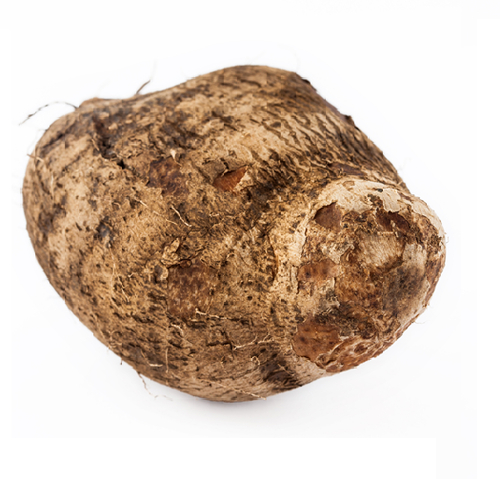
Bitter yam
Scientific names: Dioscorea dumetorum, Helmia dumetorum
Family: Dioscoreaceae
Alternate names: African Bitter Yam, Cluster Yam, Esuri Yam, Esuru, Igname Amère, Igname Sauvage, Igname Trifoliolée, Ikamba, Inhame-bravo, Name Amargo, Name de Tres Hojas, Ñame Amargo, Ono, Three-leaved Yam, Trifoliate Yam
Background
Bitter yam (Dioscorea dumetorum) is a plant that grows in Africa. Wild forms of the yam can be toxic. Forms grown by farmers generally do not contain toxins.
Bitter yam contains chemicals that might lower blood sugar levels. Wild forms of bitter yam must be soaked and boiled before use to remove the toxins.
People use bitter yam for diabetes and other conditions, but there is no good scientific evidence to support these uses.
Don't confuse bitter yam with wild yam (Dioscorea villosa). These are not the same.
Bitter yam contains chemicals that might lower blood sugar levels. Wild forms of bitter yam must be soaked and boiled before use to remove the toxins.
People use bitter yam for diabetes and other conditions, but there is no good scientific evidence to support these uses.
Don't confuse bitter yam with wild yam (Dioscorea villosa). These are not the same.
Safety Safety definitions
When taken by mouth: Wild, uncooked bitter yam is possibly unsafe. It contains chemicals that can be poisonous and cause seizures. There isn't enough reliable information to know if other forms of bitter yam that are raised by farmers are safe to use as medicine.
Special Precautions & Warnings:
Pregnancy and breast-feeding: There isn't enough reliable information to know if bitter yam is safe to use when pregnant or breast-feeding. Stay on the safe side and avoid use.Effectiveness
Effective Effectiveness definitions
There is interest in using bitter yam for a number of purposes, but there isn't enough reliable information to say whether it might be helpful.
Dosing & administration
There isn't enough reliable information to know what an appropriate dose of bitter yam might be. Keep in mind that natural products are not always necessarily safe and dosages can be important. Be sure to follow relevant directions on product labels and consult a healthcare professional before using.
Interactions with pharmaceuticals
Digoxin (Lanoxin)
Interaction Rating=Moderate Be cautious with this combination.
Bitter yam may contain chemicals similar to the prescription drug digoxin. Taking bitter yam along with digoxin might increase the risk of side effects.
Interactions with herbs & supplements
Herbs that contain cardiac glycosides: Bitter yam contains chemicals that can affect the heart. These chemicals are called cardiac glycosides. Using it along with other supplements that also contain cardiac glycosides can increase the risk of heart damage. Examples of supplements that contain cardiac glycosides include black hellebore, foxglove, lily-of-the-valley, oleander, and pleurisy root.
Interactions with foods
There are no known interactions with foods.
vital.ly has licensed monographs from TRC Healthcare.
This monograph was last reviewed on 29/06/2023 10:00:00 and last updated on 20/10/2022 07:00:34. Monographs are reviewed and/or updated multiple times per month and at least once per year.
Natural Medicines disclaims any responsibility related to medical consequences of using any medical product. Effort is made to ensure that the information contained in this monograph is accurate at the time it was published. Consumers and medical professionals who consult this monograph are cautioned that any medical or product related decision is the sole responsibility of the consumer and/or the health care professional. A legal License Agreement sets limitations on downloading, storing, or printing content from this Database. No reproduction of this monograph or any content from this Database is permitted without written permission from the publisher. It is unlawful to download, store, or distribute content from this site.




